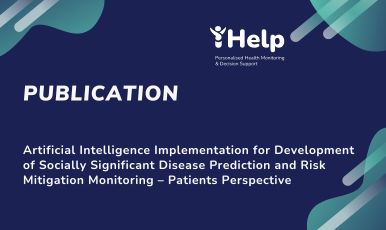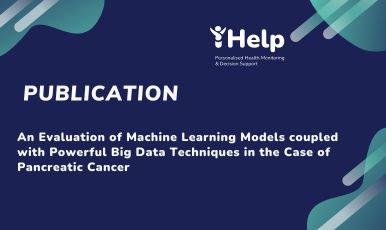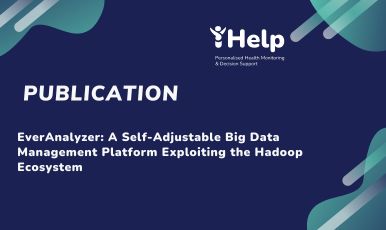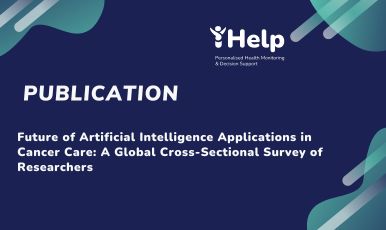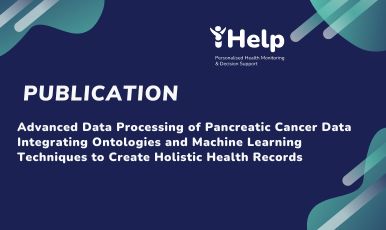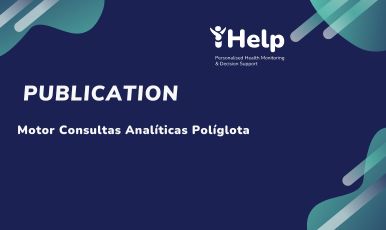SOURCE: 2023 International Conference on Applied Mathematics & Computer Science (ICAMCS); Publisher: IEEE, Published: 20 February 2024
Artificial Intelligence Implementation for Development of Socially Significant Disease Prediction and Risk Mitigation Monitoring – Patients Perspective
Abstract
Several recent research works and articles detail the changes in lifestyle and behavioral habits resulting from the widespread adoption of digital technologies. These technologies have also transformed the way individuals and communities engage in various health-related activities and situations. These changes have induced an increase in cardiovascular, metabolic, and oncologic diseases. Diseases are assessed as the main cause of preventable deaths and pose a significant threat to the public health. Medical specialists are utilizing the capabilities of the constantly developing Information and Communication Technologies (ICT) for predicting, preventing, and monitoring these socially significant diseases. However, studies on patients’ perception and acceptance of the digital impact on disease diagnosing, prevention, treatment, and monitoring are relatively fewer in number. Hence, the main objective of this article is to present the results of a survey conducted on patients who are assessed at a high risk of developing pancreatic cancer. These patients provide feedback on the emerging topic of the utilization of ICT and Artificial Intelligence (AI) in the management of this socially significant disease. A Likert 5-scale questionnaire was developed for this survey that was implemented in the context of the iHELP EU-funded project. The responses collected from 57 patients at risk indicate that their current level of belief in the capabilities of ICT and AI to enhance public health prevention and assurance is moderately to highly positive, as supported by the analysis of their responses. At the same time, one-third of the respondents are not confident in the analytical capabilities of AI to predict disease occurrence and develop reliable advice, guidance, and programs for its prevention and effective monitoring of the patients. The impact of the project on the patients’ perception is discussed.

